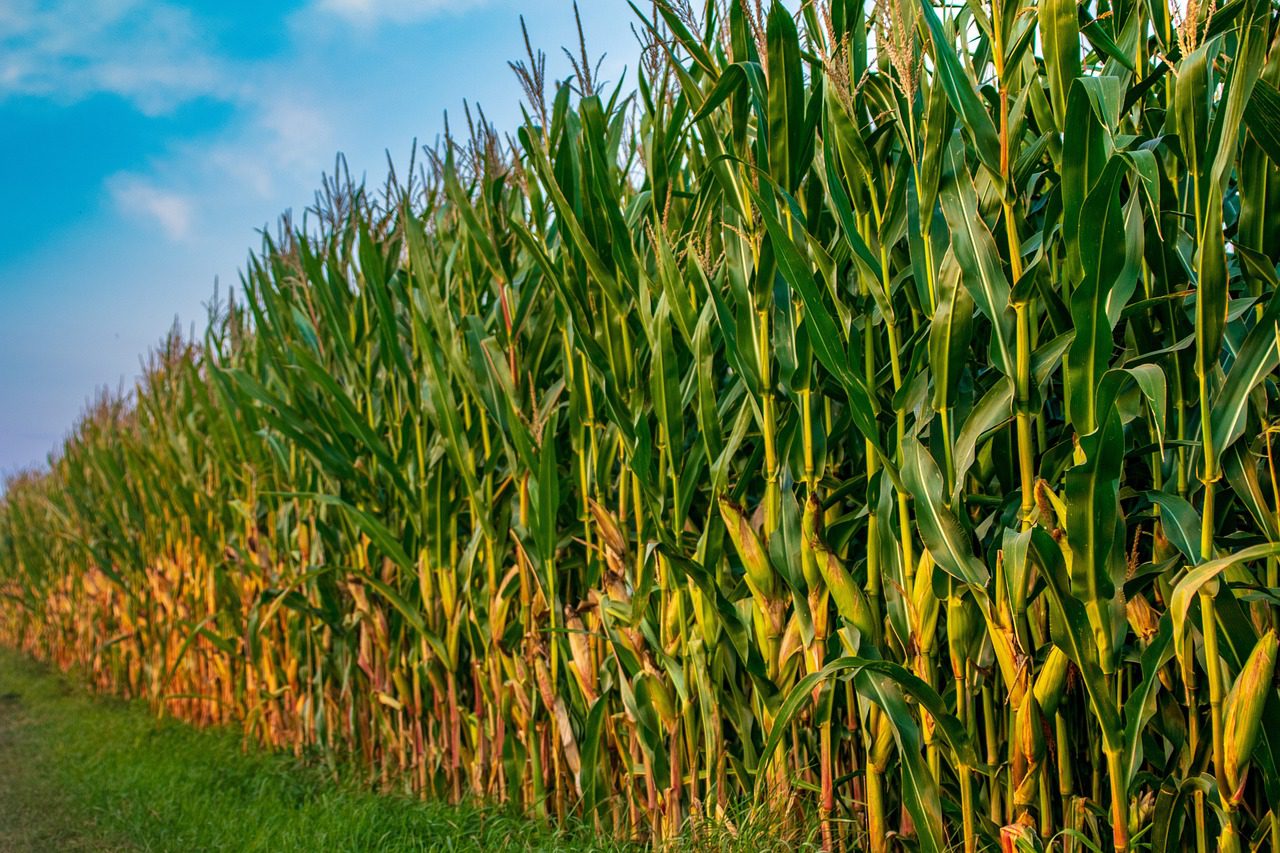- EPA’s new vehicle emissions standards face legal challenge.
- National Corn Growers Association, American Farm Bureau Federation, and auto dealers are among the plaintiffs.
- Plaintiffs argue EPA exceeded its authority and ignored the benefits of corn ethanol.
- Concerns raised about the impact on farmers and consumers.
June 21, 2024 –– A lawsuit was filed last week in the D.C. Circuit Court of Appeals challenging the U.S. Environmental Protection Agency’s (EPA) new vehicle emissions standards for model years 2027-2032. The plaintiffs, including the National Corn Growers Association, American Farm Bureau Federation, and several auto dealers, argue that the EPA overstepped its congressional authority and that the standards unfairly favor electric vehicles over other options like corn ethanol.
challenging the U.S. Environmental Protection Agency’s (EPA) new vehicle emissions standards for model years 2027-2032. The plaintiffs, including the National Corn Growers Association, American Farm Bureau Federation, and several auto dealers, argue that the EPA overstepped its congressional authority and that the standards unfairly favor electric vehicles over other options like corn ethanol.
“By approving tailpipe standards that focus exclusively on electric vehicles, EPA has ignored the proven benefits corn ethanol offers in reducing greenhouse gas emissions and combating climate change,” said Harold Wolle, President of the National Corn Growers Association . “While it could take decades to get enough electric vehicles on the road to significantly lower GHG emissions, ethanol is a critical and effective climate solution that is available now.”
. “While it could take decades to get enough electric vehicles on the road to significantly lower GHG emissions, ethanol is a critical and effective climate solution that is available now.”
The plaintiffs also expressed concerns about the standards’ impact on farmers and consumers. Zippy Duvall, President of the American Farm Bureau Federation, stated that the standards “will drive up the cost of farm vehicles and force farmers to rely on a charging network that does not yet exist in rural areas.”
The American Petroleum Institute (API), another plaintiff in the lawsuit, echoed these concerns. “EPA has exceeded its congressional authority with this regulation that will eliminate most new gas cars and traditional hybrids from the U.S. market in less than a decade,” said Ryan Meyers, API Senior Vice President and General Counsel.
The EPA’s new standards, finalized in March, require 68% of new passenger vehicles and 43% of new medium-duty trucks and vans to be electric by 2032. The lawsuit is the latest development in the ongoing debate over the best way to reduce greenhouse gas emissions and combat climate change.


This was an interesting article for me as I know virtually nothing about the various engines being manufactured these days. I do not know if the EPA stepped on toes but I would love to see a working solution one day. I must agree, living in a rural area, that charging stations for electric cars are well beyond few and far between.